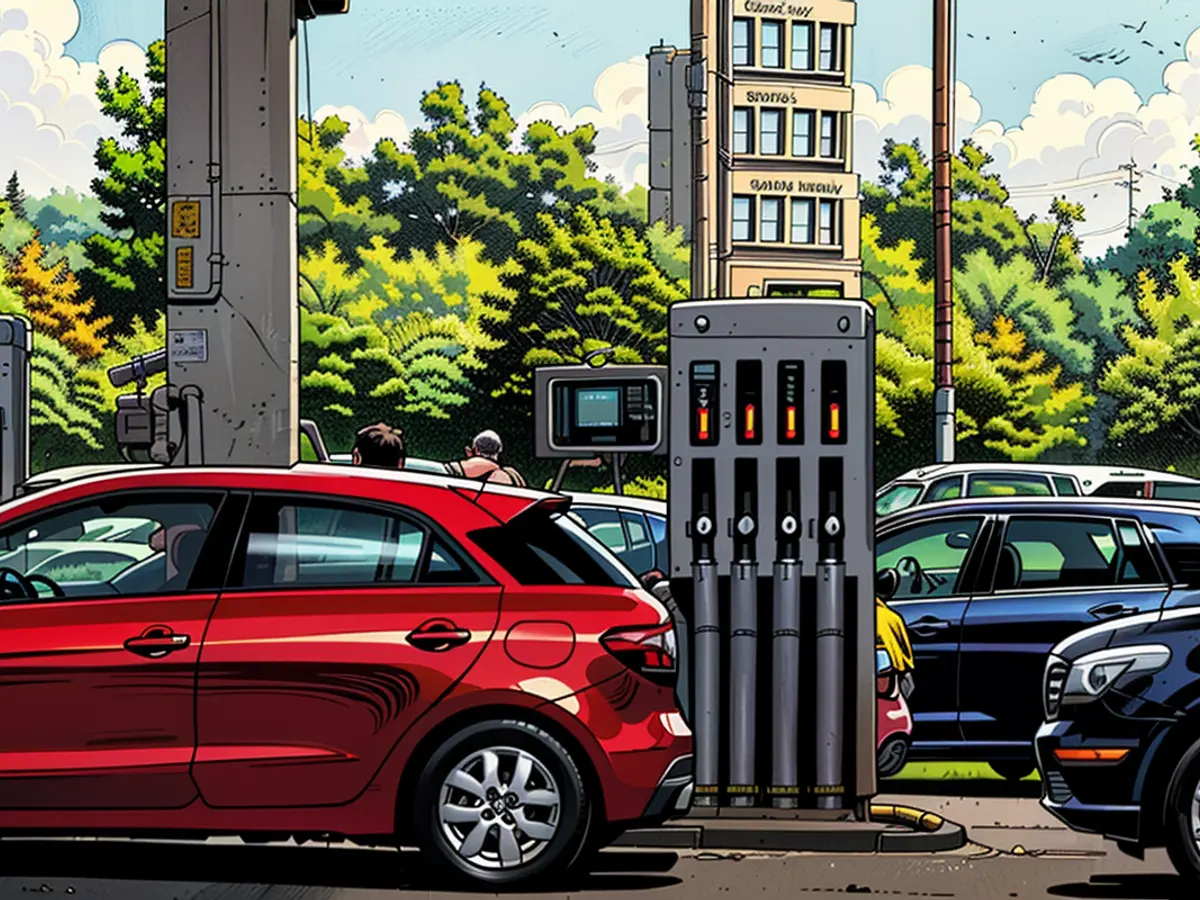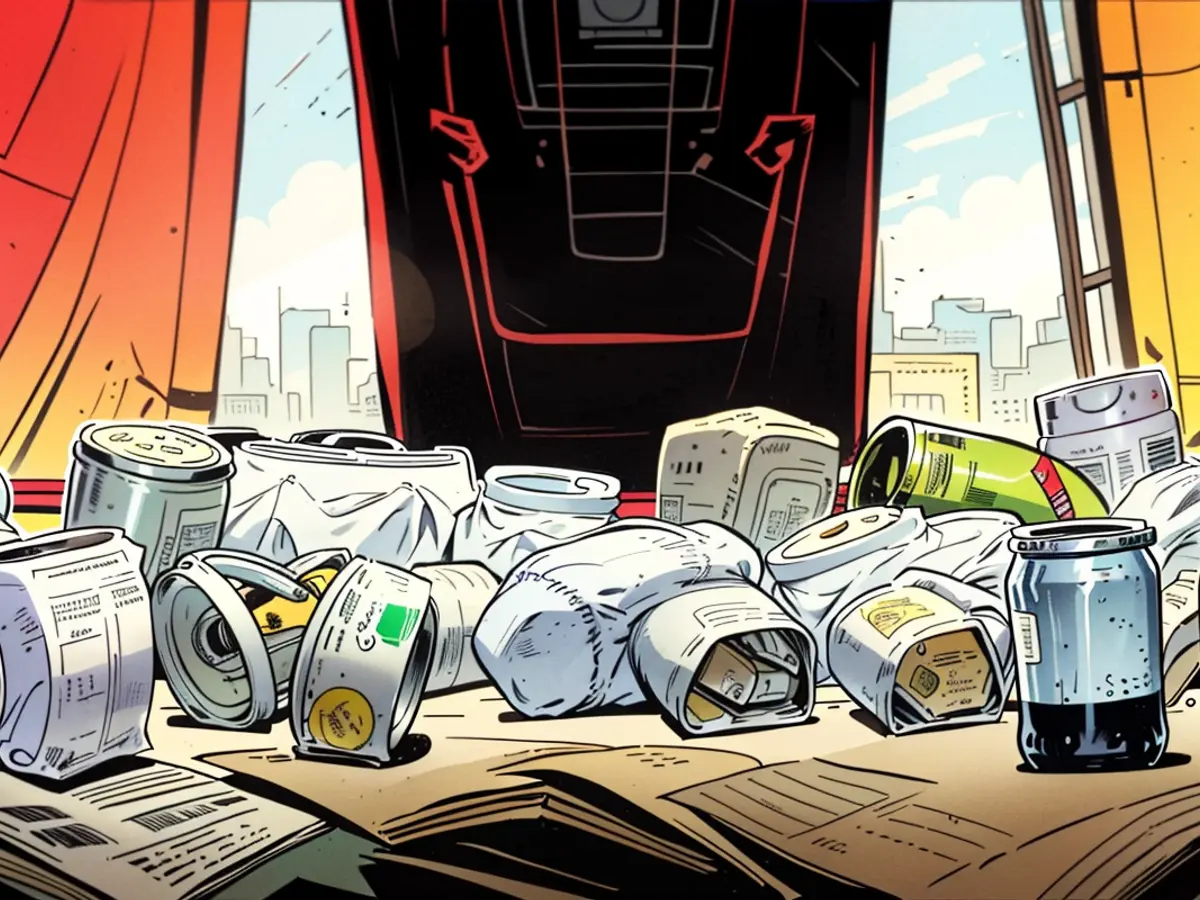The automotive sector advocates for more stringent climate objectives for the oil sector.
By 2045, Germany aims to make its road traffic emission-free, but the current strategy falls short, as per the auto industry's viewpoint. Consequently, they're pushing for stringent regulations towards the petroleum sector to facilitate investments in this shift.
The EU's Renewable Energy Directive III, enacted late last year, is seen as insufficiently ambitious, according to the German Automobile Industry Association (VDA). When the government introduces this in domestic legislation, it needs to invoke incentives for the surge in renewable energy sources, asserted VDA President Hildegard Müller.
The auto industry advocates for the availability of not just electric vehicles, but also eco-friendly alternatives like bioethanol and e-fuels in ample quantities. Despite the federal government's target of having 15 million electric vehicles by 2030, there will still be around 40 million gasoline or diesel-powered vehicles in circulation.
VDA Push for Stricter Regulations
Lately, BMW CEO Oliver Zipse also echoed the same sentiment, stating, "As politics pushes for the electrification of the auto industry, it should also demand that the fuel industry offers carbon-free electricity, hydrogen, and carbon-neutral fuels."
RED III's ultimate goal is to reach 100% renewable energy in all sectors by 2050, with Germany aiming to achieve this by 2045. However, the VDA anticipates that the initial targets for 2030 may not spur enough investment in the petroleum sector to produce climate-friendly fuels. The EU objective is a minimum of 29% renewable energy, equivalent to charging power and fuels, or a 14.5% reduction in greenhouse gas emissions compared to the required fossil fuel usage by 2030.
Germany has already decided on a more rigorous reduction quota of 25%. In the VDA's perspective, a 35% reduction is necessary. Moreover, the EU enforces a quota of 5.5% for bioethanol and at least 1% synthetic fuel production, which manufacturers must fulfill. The VDA demands a 5% quota for this. Moreover, interim targets for greenhouse gas reduction should be set at 60% by 2035, 90% by 2040, and 100% by 2045. "Post-2045, no fossil fuels should be sold at German gas stations for environmental reasons," the association clarified.
In line with the push for stricter regulations, the VDA also suggested that the government should ensure that households and businesses have easy access to carbon-free alternatives to natural gas, such as the burner being operated using hydrogen or biogas. To further encourage the shift towards renewable energy sources, the VDA proposed that the government should consider implementing subsidies for households and businesses that switch to these carbon-free alternatives.








